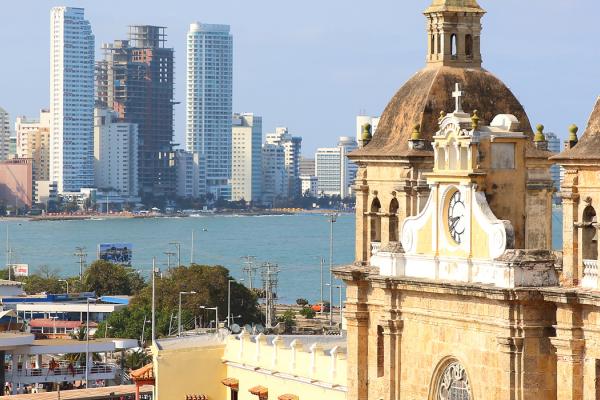Sep 9, 2016
While the other Jesuits ministered to slaves and freedmen, Peter couldn’t take his mind off of the port and the bodies, both living and dead, that he had seen. He was given leave to focus his life’s work on welcoming these ships, doing acts of mercy for the living, and doing what was left to be done for the dead.
Read the Full Article

Already a subscriber? Login
